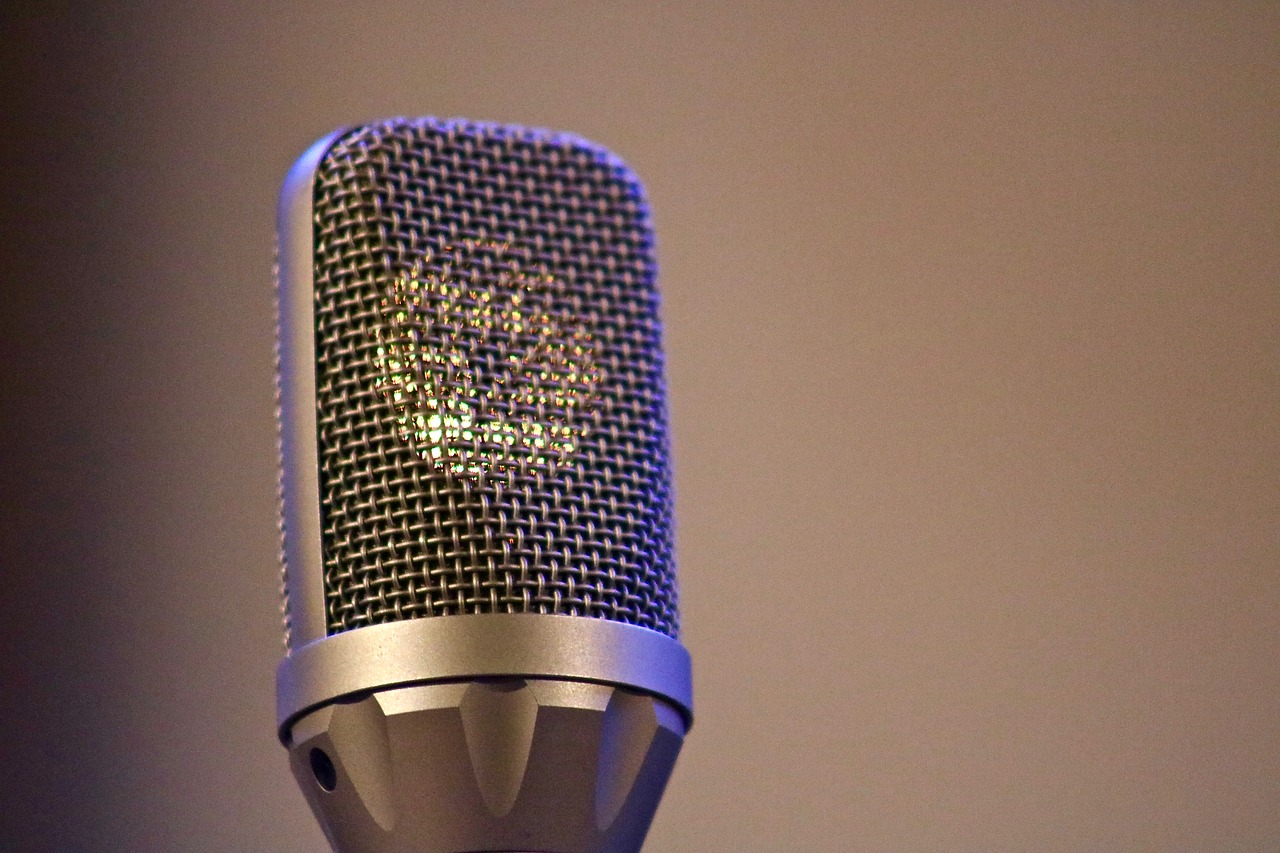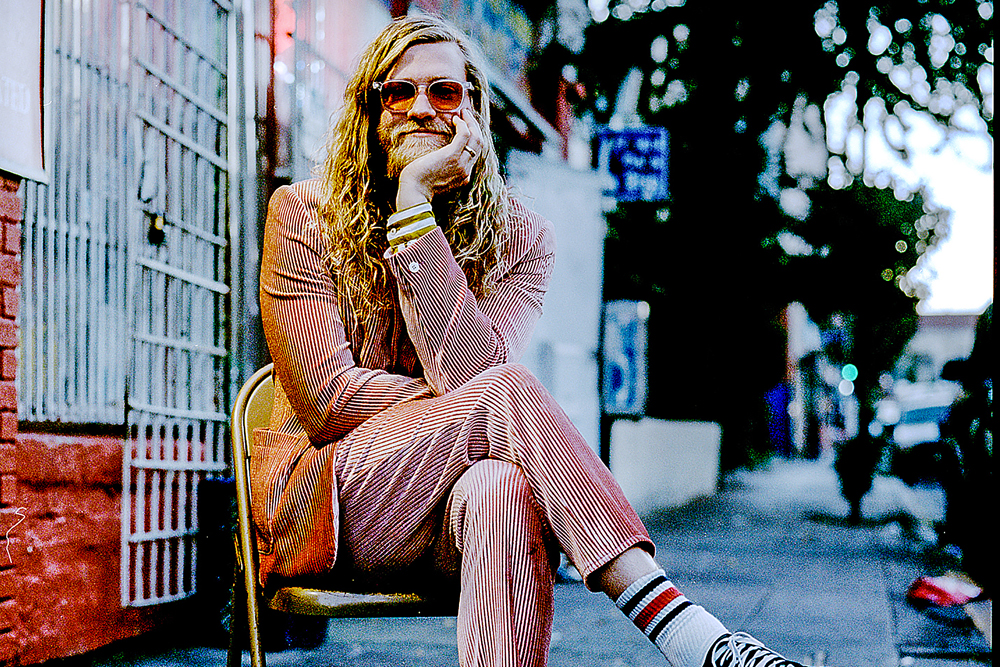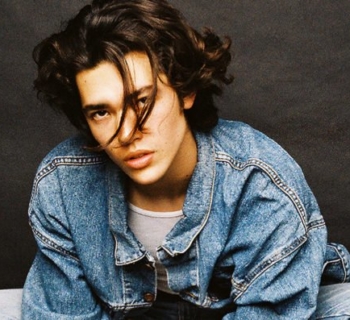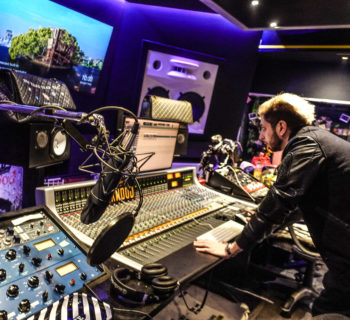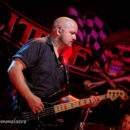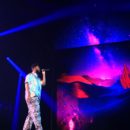At just 21 years old, and with a following of nearly 2 million YouTube subscribers, Conan Gray has also garnered over 92 million streams of songs from his new album Kid Krow (including the tracks “Maniac,” “Comfort Crowd,” and “The Story”), even before its official release. Following the massive success of his debut EP, Sunset Season (with hits including “Crush Culture,” “Idle Town” and “Generation Why”), the self-dubbed “child of the internet” describes himself as an average guy whose unfailing passion for music and the internet ultimately earned the tremendous following he has today.
After selling out three headline US and UK tours and traveling with Panic! at the Disco, Gray was gearing up for a debut at Coachella later this month as well as a 27-date spring/summer international 2020 tour that was already a third sold out. Those plans, of course, have been put on hold as the Coronavirus crisis unfolds. Nevertheless, in our interview with Gray, conducted before the crisis hit, the ever humble and transparent artist spoke with Music Connection about the evolution of his music, and he gave us plenty of details about his remarkable journey thus far.
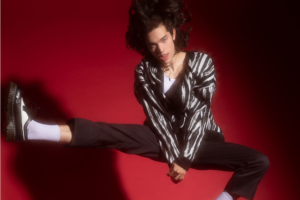
Music Connection: A lot of your music is about overcoming and escaping challenges, and the restrictions of living in a small town. With your new record, Kid Krow, there has been a shift toward relationships. Given that you’ve said you didn’t talk much when you were younger, how did you find the strength to write about all of this?
Conan Gray: When I would write a song, it was like me telling a secret. I was just telling people how I felt, but in a way that they were able to understand. I didn’t talk a lot as a kid [because] one, nobody liked me, nobody cared that I existed, and two, I think when I did want to talk, I didn’t know how to. I spent so much of my life being the new kid and being the outcast that I just felt like nobody understood me. And when I started writing songs, it was the first time that people [said], “Oh, you know, that thing that you felt? I felt that too.” Then I started to gain confidence in writing because it was something I felt I actually knew how to do in a way that people understood . . . All I ever really wanted out of writing songs was to be understood, because I spent so much of my life being misunderstood.
MC: What helped you keep the right mindset to push forward?
Gray: I really just take it day by day. My life completely changed in the past year—in the past four years. It completely flipped upside down. Every day I wake up and [think], is this reality? And to be honest, it doesn’t feel like reality most of the time. In my head, it’s like, “I love writing songs—if I could write songs every single day of my life, I would.” And I get to write songs every single day of my life. The opportunity to be able to write music for people to listen to is such an honor. And the fact that people are able to tell me that they relate to the music and that the music helps them process their own emotions makes me really happy because I write the songs in order to process my own emotions.
MC: Your debut EP, Sunset Season, had a huge response on social media––over 300 million streams. Would you say YouTube was the secret to that, or were there other platforms that you feel helped you to connect with people?
Gray: I don’t know if it was YouTube in particular. I’m a child of the internet, I was raised on the internet. I was on every single platform 24/7, it was ridiculous. I still am that way. I think me and my friends are internet people—especially because I grew up in a small town and had no way of escaping. I was on my phone all the time, consequently. A YouTube video of me singing a song called “Idle Town” was the first time that I ever went viral. That song was the moment that kind of changed everything, and then I put it up on Spotify on my own, just using some sort of weird website, and it ended up charting.
MC: You said in an interview that you recognize now that everything can change in a moment. Looking back on what’s unfolded—and appreciating that you just said it still doesn’t feel that real—what is the best advice you would give someone about how or how not to go about getting noticed?
Gray: When “Idle Town” went viral and I started getting attention, it wasn’t conscious. I didn’t realize it was happening until a year later. I didn’t really notice because I was just doing what I loved. I think it shows when people love what they’re doing and when they have a passion for something. I would still be writing songs every single day of my life whether or not anybody cared, because I am obsessed with it. It’s unhealthy. It’s insane. I write songs every day and I would still be doing that whether there was one person listening or 50 million people listening. I love writing and I love making content. I love photos, I love videos, I love going on the internet. I love all of those things so much that it just sort of happened supernaturally. I think if you’re passionate about something, work really, really hard on it and give it your all, people will take notice. For me, it was my love of the internet and my love of music that was making everything happen. I was just a normal high school senior. When it all happened, I was like, oh, [laughs] I have a final next week.
MC: You said recently that the new record is a reflection of the people you’ve met since making your first EP, but it’s also deeply personal. How is it different from your first record?

Gray: My first EP was definitely based on my senior year of high school [in Georgetown, TX]. I wrote all of the songs my senior year. Kid Krow differentiates from that because it’s about my entire life. It’s about every single thing that made me into the demented, strange, angry and highly emotional person that I am today. I say a lot more in the album than the EP. The album talks about everything before and everything after, [from] when I was really, really poor, living in a house that had a cardboard back door. It talks about how weird it has been for me to go from being super poor to this new world where everyone is rich. Then it also talks about falling in love for the first time and getting my heart broken seven thousand times. I wanted the album to be the things I would say to my best friend. I have a best friend back home that I talk to every day. If you listen to the album from top to bottom, you know the same amount of secrets about me that my best friend would know because I tell you everything . . . . I always try to tell the truth in my life because I’m not a very good liar, and in my song writing, I just have to say what I say. It’s me. It’s me in an album.
MC: Is there a track on the new record that you feel is the most vulnerable and different for you?
Gray: It’s hard to say, because each song is like a different facet of me. “The Story”—the last song on the album—tells my whole life story. It’s scary to give people that much information about me, especially on the internet. I don’t really know how people are going to react to the things I have to say on the album. A lot of those things—I don’t really like to admit—I kind of wish I didn’t feel, but I do feel. . . . I think there’s a lot of magic in writing a song that doesn’t necessarily paint you in a good light, but paints you in a true light, and I want people to understand that everything I say on the album is me and I say a lot of things I don’t really want to say but I say them because I think people deserve to know.
MC: You wrote Kid Krow while navigating not only three North American tours, but a European headlining tour as well, in addition to supporting Panic! at the Disco and doing Lollapalooza. How in the world did you manage your time between all the performances and commitments on the road?
Gray: Well, when you put it like that, it does feel insane, but I guess I’ve always been hyperactive. My friends back home used to tell me that I was really strange because not a second of my time I wasn’t working. I would go tour and then come back for two days, record vocals with my producer, Daniel Nigro, and then go on tour again. And when I’m on the road, I still write a song basically every day. I’ve done a song every single day since I was 12 years old. The album grew up with me, in a sense, as I was making it in the past year. It was a lot of me sitting in a hotel room with a notepad and a pen, doodling something for a music video or the artwork for the album—I made all of that while I was on the road. It was just DIY.
MC: Given that you’ve said your first EP was a kind of unfolding—there wasn’t really a map in your mind, so to speak—do you ever set clear goals or checkpoints? Do you visualize how you want things to unfold moving forward in your career?
Gray: I take it day by day because I never thought I would make it this far in the first place. I thought I was just going to live in Texas and go to college and get married and get a dog and a cat. It’s kind of a surprise, so I think, what’s the most I can do today and the most I can do tomorrow? My whole entire life is planned out for the next two years of my schedule—and that makes me want to vomit and die—so I take it day by day. . . .I’m excited to keep making music. I don’t really have a clear plan. I’m just kind of going and going and going and going. I’m writing music like I love to do every single day. I’m going on Twitter and talking to fans like I love to do every single day, and just living my life and seeing where it takes me.
MC: It seems that younger and younger artists are making an impact on the music scene with the rise of social media. How do you fit into that?
Gray: It wasn’t a conscious decision. I’m just part of the group of kids who have had a computer since they were, like, five. I’ve had Instagram since I was in the sixth grade. You can’t hide anything [on the internet]. It holds people accountable, and these days I just love the way that music is so brutally honest because people can tell when it isn’t, and I love making extremely brutally honest music . . . you have to be as real as you can possibly be. And my music is literally just me. Just me writing music on my guitar, and that’s how it happened. It’s pretty fun. I think that me and this internet generation of kids, we really just love music and a lot of us got discovered because we made songs in our bedrooms that were good enough for people to hear. . . . We’ve grown up on YouTube—that’s just how it is.
MC: What’s the best advice you’ve ever received and who did it come from?
Gray: The other day I met Matt Healy, and he’s one of my songwriting heroes. I adore him so much. I blasted The 1975 in the car all of high school, all of middle school, and I met him and he was so nice. He looked at me and he said, “You’re going to have an exhausting year. You’re going to have a horrible and exhausting year. I really hope you’re ready for it.” And I was, like, oh, no, and he told me, “Keep your head down and just work.”
MC: That sounds like good advice given the whirlwind you’ve been on. If you could have your fans remember one thing about you, or if you had one message for them, what would it be?
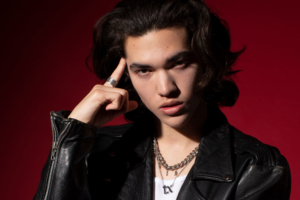
Gray: I hope they remember me as a friend and that they remember me as someone they can tell the truth to and someone that will tell the truth to them. I’m always real with them, even when it’s the bad side. I want to be as real with them as possible because young people and people like me need that. In a world where we can’t really tell what’s real and what isn’t, they need someone who is real. I would want them to know that life can be very, very insane sometimes. But looking at my life in times when I thought that I wasn’t going to be able to keep going, life just kept going and kept getting better and better, so I hope they can see that in me and have faith that it will happen to them.
MC: Getting back to your shows, you’ve played some fantastic venues. How in the world did you transition from essentially performing into a camera in your bedroom to the huge stages that you play on now?
Gray: It was pretty insane. I mean, I wasn’t really prepared. When I had to play my first show, it was, like, let’s see what happens, you know? I played my first show only about a year ago. The only time I’d ever been on stage was for high school graduation. I had no idea how I was going to react, but I knew that touring was something I was built for because I spent my whole entire life just moving around. And the second that I went on stage for the first time, my brain clicked into a different mode of existing where I realized that the people who are standing in this crowd right now want to hear this music. So, sing the music for them. They’re not here to judge you, they’re not here to make fun of you like people have in the past. These people are here to sing songs and have a good time. And so, when I go up on stage, I sing songs and I have a good time. And it feels like a party. We’re having so much fun. It feels very, very personal. I mean, I do know these people very well. I know them from the internet and I see them at every single show since I was 19. It’s bewildering how fast we’ve gone from playing to 200 capacity to 4,000 capacity. But I’ve handled it like, oh, look—it’s getting bigger and we’re just hanging out with bigger crowds. I feel safe among them because they understand me and I understand them. I don’t feel like I’m with strangers at all. I’m in front of people I know, and they know me so, so well. I’m not scared. I still get nervous before shows, but the idea of touring is so fun for me. Every show is so different and so weird and whether I’m opening for Panic! at The Forum or playing a tiny room, I find it’s such a unique experience that it’s hard to compare them.
MC: Have you had any memorable moments with any of your A-list fans?
Gray: Billie Eilish and I have been friends since we were really young. I’m so, so proud of her. I think that she and I are very bewildered by everything that happened to the both of us. And when I look at her, I think, wow, that’s crazy. It’s not crazy, because I know her and she’s the real deal, and she really deserves everything, but it’s kind of crazy. It always makes me feel so inspired to have people, anyone, really anyone, show support for the music.
Photos by Brian Ziff.

